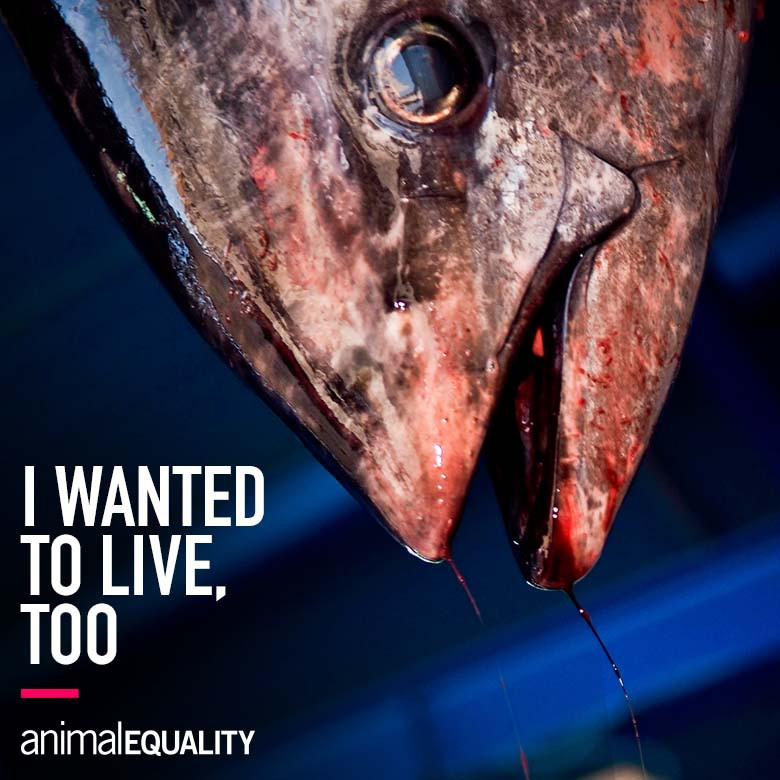The meat industry is a vast and complex system responsible for supplying meat products to millions of consumers worldwide. However, beneath the surface lies a multitude of meat industry hazards that pose significant risks to human health, the environment, and animal welfare. From health concerns to environmental degradation, it's essential to understand the dangers associated with the meat industry.
One of the most concerning meat industry hazards is the potential health risks associated with consuming meat products. Numerous studies have linked the consumption of red and processed meats to an increased risk of chronic diseases, including heart disease, stroke, diabetes, and certain types of cancer. Processed meats, such as bacon, sausage, and deli meats, are particularly concerning due to their high levels of sodium, nitrates, and other additives, which have been linked to adverse health outcomes. By consuming meat products, individuals may unknowingly expose themselves to these health hazards.
Furthermore, the meat industry hazards extend beyond individual health concerns to broader environmental and ethical issues. The meat industry is a significant contributor to deforestation, habitat destruction, water pollution, and greenhouse gas emissions. The intensive farming practices associated with meat production require vast amounts of land, water, and resources, contributing to environmental degradation and biodiversity loss. Additionally, animal agriculture is a leading cause of species extinction and habitat destruction, further exacerbating the ecological impact of the meat industry.
Moreover, the meat industry raises ethical concerns regarding the treatment of animals raised for food production. Factory farming practices often subject animals to overcrowded and inhumane conditions, where they endure physical and psychological suffering. Animals raised for meat are routinely subjected to confinement, mutilation, and other forms of mistreatment, all in the name of efficiency and profit. By supporting the meat industry, consumers inadvertently contribute to the exploitation and suffering of animals.
Despite these meat industry hazards, the demand for meat products remains high in many parts of the world. However, as awareness grows about the health, environmental, and ethical implications of meat consumption, more people are seeking alternatives. Plant-based meat alternatives, such as veggie burgers, plant-based sausages, and meatless meatballs, offer nutritious and sustainable alternatives to traditional meat products. These alternatives are free from cholesterol, antibiotics, and hormones, making them suitable for individuals with dietary restrictions or ethical concerns.
Furthermore, technological advancements and innovation have paved the way for the development of more sustainable and ethical meat alternatives. From lab-grown meat to plant-based protein sources, the market for meat alternatives continues to expand, offering consumers a wider range of choices that align with their values and preferences. By choosing meat alternatives over traditional meat products, individuals can reduce their environmental footprint, promote animal welfare, and support a more sustainable food system.
In conclusion, the meat industry hazards encompass a range of health, environmental, and ethical concerns that warrant attention and consideration. By understanding the risks associated with meat consumption and exploring alternatives, individuals can make informed choices that support their well-being and contribute to a more sustainable and ethical food system. As we strive towards a healthier planet and a more compassionate world, reevaluating our relationship with meat and embracing alternatives is a crucial step in the right direction.







